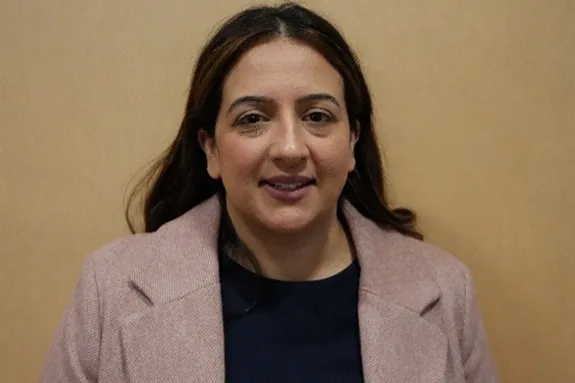Bridging the Gap: How Nursing Education Can Tackle Health Inequalities in Aotearoa

Health inequalities are a persistent challenge in Aotearoa New Zealand, and the nursing profession plays a crucial role in addressing them. Amandeep Bhandal shares how a dedicated day focused on preparing pre-registration nurses for their placements provided a powerful platform to discuss and strategize about tackling these disparities. This article explores the importance of incorporating health equity conversations into nursing education and highlights practical steps educators and future nurses can take to make a real difference in the lives of vulnerable communities.
The Uneven Playing Field: Understanding Health Inequalities
In Aotearoa, significant health disparities exist between different population groups. Māori and Pacific peoples, in particular, experience poorer health outcomes and shorter life expectancies compared to other ethnicities. These inequalities are often rooted in complex social, economic, and historical factors, including poverty, discrimination, and limited access to quality healthcare. Nurses, as frontline healthcare providers, are uniquely positioned to witness these inequities firsthand and to advocate for change.
A Day of Awareness and Action: Preparing Future Nurses
Recognising the need for proactive intervention, Amandeep Bhandal and colleagues organised a day specifically designed to prepare pre-registration nurses for their upcoming placements. This wasn't just about honing clinical skills; it was about fostering a deeper understanding of health inequalities and equipping students with the tools to address them. The day featured interactive workshops, guest speakers from diverse backgrounds, and case studies highlighting real-world examples of health disparities.
Key Discussion Points: What Did We Learn?
- Cultural Safety: The importance of providing culturally safe care, respecting individual beliefs and practices, and building trust with patients from diverse backgrounds was a central theme. Students explored the concept of Te Tiriti o Waitangi and its implications for nursing practice.
- Social Determinants of Health: The day emphasized the impact of factors like housing, education, and employment on health outcomes. Nurses learned how to identify and address these social determinants in their practice.
- Advocacy and Leadership: Students were encouraged to become advocates for their patients and to challenge systemic barriers that contribute to health inequalities. They discussed strategies for effective communication and collaboration with other healthcare professionals.
- Intersectionality: The session highlighted how various forms of discrimination (e.g., based on ethnicity, gender, sexual orientation, disability) can intersect and compound health inequalities.
Moving Forward: Practical Steps for Nurses
Tackling health inequalities is an ongoing process that requires a commitment from all healthcare professionals. Here are some practical steps nurses can take:
- Engage in Cultural Humility: Continuously learn about different cultures and be open to challenging your own biases.
- Build Relationships with Communities: Establish trust and rapport with patients and their families.
- Advocate for Policy Changes: Support policies that promote health equity and address the social determinants of health.
- Participate in Research: Contribute to research that investigates health inequalities and identifies effective interventions.
- Be a Role Model: Demonstrate a commitment to health equity in your daily practice.
Conclusion
Integrating discussions about health inequalities into nursing education is essential for preparing future nurses to meet the challenges of Aotearoa's healthcare system. By equipping students with the knowledge, skills, and attitudes necessary to address these disparities, we can work towards a more equitable and just healthcare system for all.




